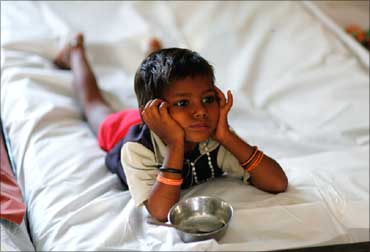
However, as we have said before with respect to other such "rights" handed down in India, any legal binding on government must be matched by its capacity to deliver. Without that capacity, rights and laws remain on paper, generate legal activism and, worse, public cynicism.
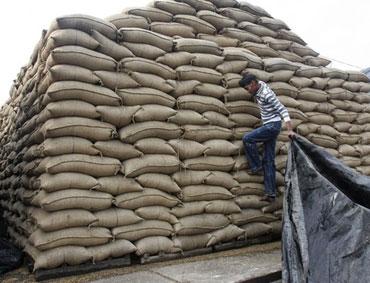
India's PDS remains patchy and geographically skewed - more prevalent where it is less needed and virtually absent where it is most needed.
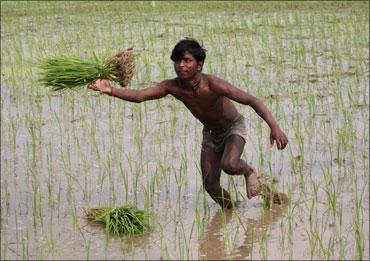
In a break from the past, it does away with the categorisation of households as antyodaya (poorest of the poor), below poverty line (BPL) and above poverty line (APL).
Instead, it proposes just two broad categories - "priority" and "general" - for the sale of subsidised food.
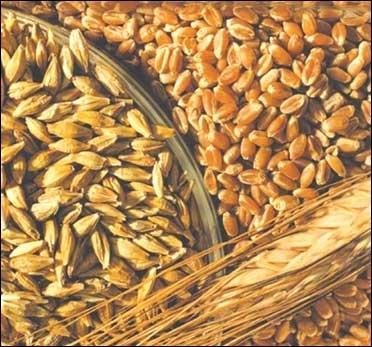
Ironically, the proposed law, in fact, reduces the scope of the PDS since it is not universal like the existing PDS is in theory.

The benchmarks for fixing prices of different foodgrains meant for the general category households will be the MSPs of these grains and not the actual economic cost of the grains to the government which is generally far higher as it includes post-procurement market levies, handling, storage and transport costs.
This would effectively mean substantial lowering of the cost of foodgrains (read higher food subsidy) for the non-poor from the present levels.
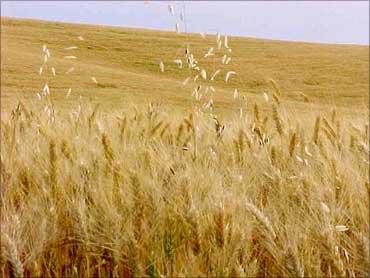
Apart from such inherent problems in the proposed law, the Union Minister for Food and Agriculture, Sharad Pawar, has raised valid doubts about the government's ability to procure, stock and supply the required grains to work the system, especially given stagnation in output and productivity in recent years.
A food security system based on imported food would be disastrous, taking India back to the era of "ship to mouth" existence. Hopefully, these issues will be addressed and the government will not willy-nilly put the cart before the horse, so to speak (another wise saying!).